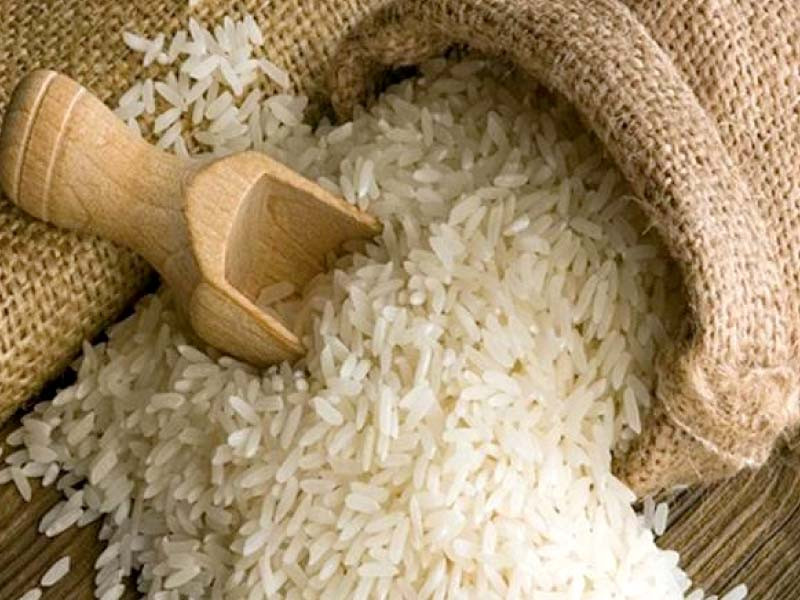
Despite climatic damage to major crops like cotton and wheat, most of the rice crop has remained unhurt by flood devastation and Pakistan is poised to achieve its export target of 4.8 million tons this season.
It is really a blessing that the cash crop of rice has survived the onslaught of floods and can fetch a substantial amount in export earnings, while most of the other summer crops have been destroyed, say rice exporters. “Pakistan has not lost its rice crop. Damages are minimal,” Rice Exporters Association of Pakistan (REAP) Chairman Chela Ram Kewlani told The Express Tribune. “Pakistan is in a position to meet the rice export target, which is almost equal to the exports made last year. The country exported 4.8 million tons of rice last year,” he said.
“Despite the floods and various other challenges being faced by the economy, exporters are gearing up for rice shipments as much as possible.” According to REAP’s record, Pakistan’s total rice crop is around 9 million tons. Of this, 4.5 million tons are exported and the remaining 4.5 million tons are sold in domestic markets. Of the total harvest, 5 million tons comprise Basmati rice while 4 million tons consist of nonBasmati paddy. “After assessing the losses inflicted by the natural disaster, we are expecting a satisfactory rice harvest of 8 million tons,” Kewlani said.
About flood damage, he said Punjab’s rice belt remained nearly unscathed. Sindh too had a similar rich crop but unfortunately it was partly wiped off. “There are two rice belts in Sindh – upper and lower belts. Areas falling in the lower belt include Golachi, Badin and Tando Mohammad Khan where farmers have bumper crops. But 20% of the crop has been damaged in the upper belt stretching over areas of Larkana, Jacobabad, Kandhkot and other cities in close proximity.”
He brushed aside the talk on social media that Pakistan should place a ban on rice exports as the crop had been totally damaged. “It is fake news; we really don’t need a ban. The varieties we export are not consumed locally, as those are used in feed mills only. Therefore, the ban is not required at all,” he emphasised. REAP chairman pointed out that there was a surplus stock of one million tons comprising Basmati and non-Basmati varieties, therefore, it would not be difficult to make up for the shortfall of half a million tons or so.
Rice production has increased due to quality seeds. Farmers are using hybrid seeds that produce good quality rice and increase output. In fact, this year “we have a bumper crop across Pakistan, by any means, the country can make it”.
















1730706072-0/Copy-of-Untitled-(2)1730706072-0-270x192.webp)
COMMENTS
Comments are moderated and generally will be posted if they are on-topic and not abusive.
For more information, please see our Comments FAQ